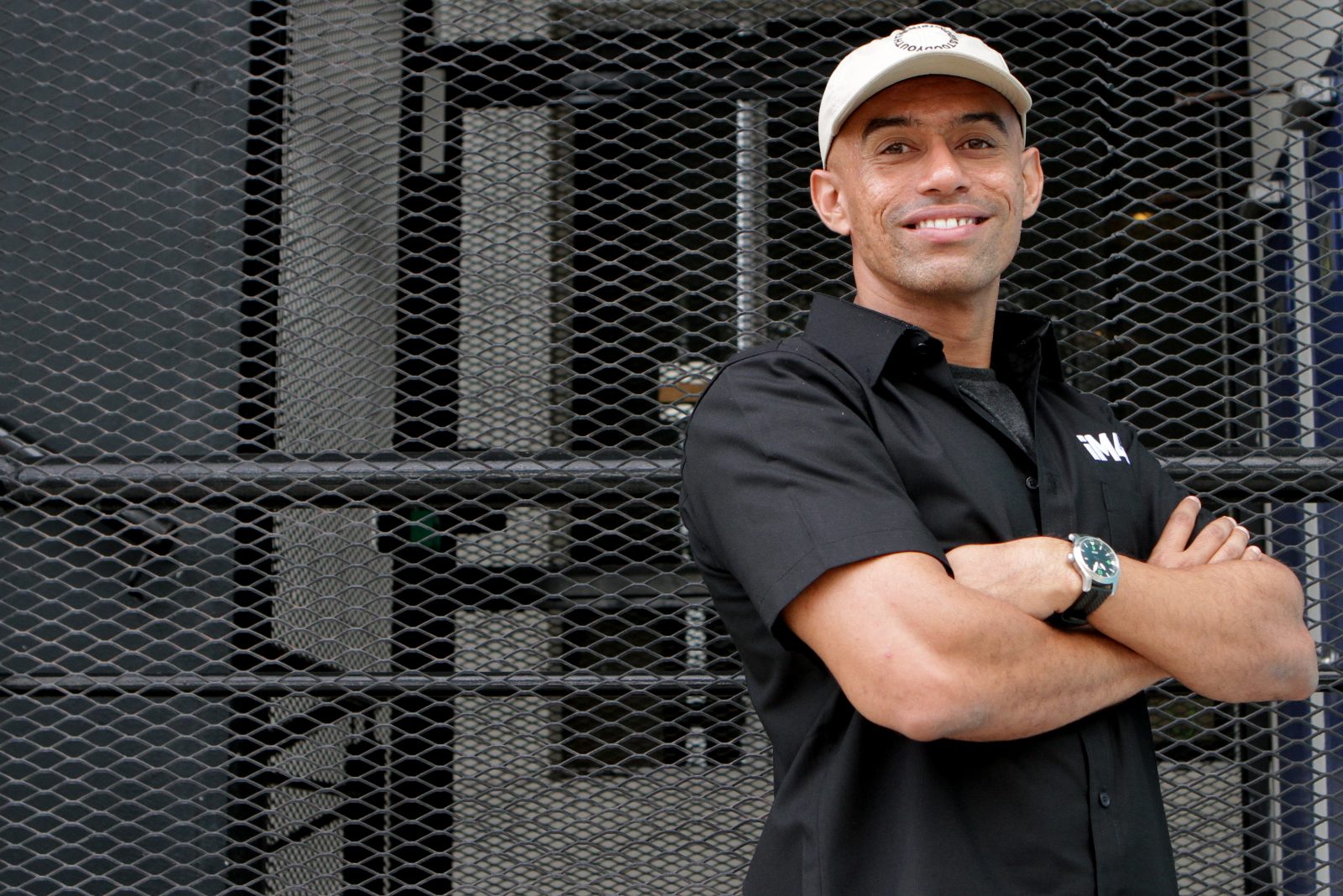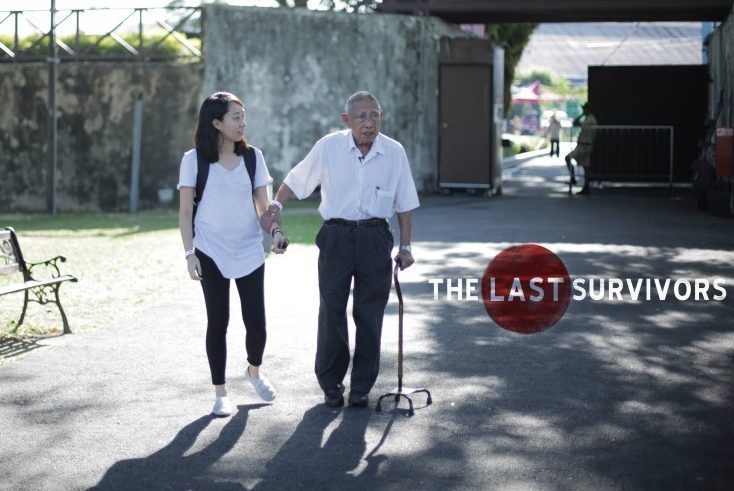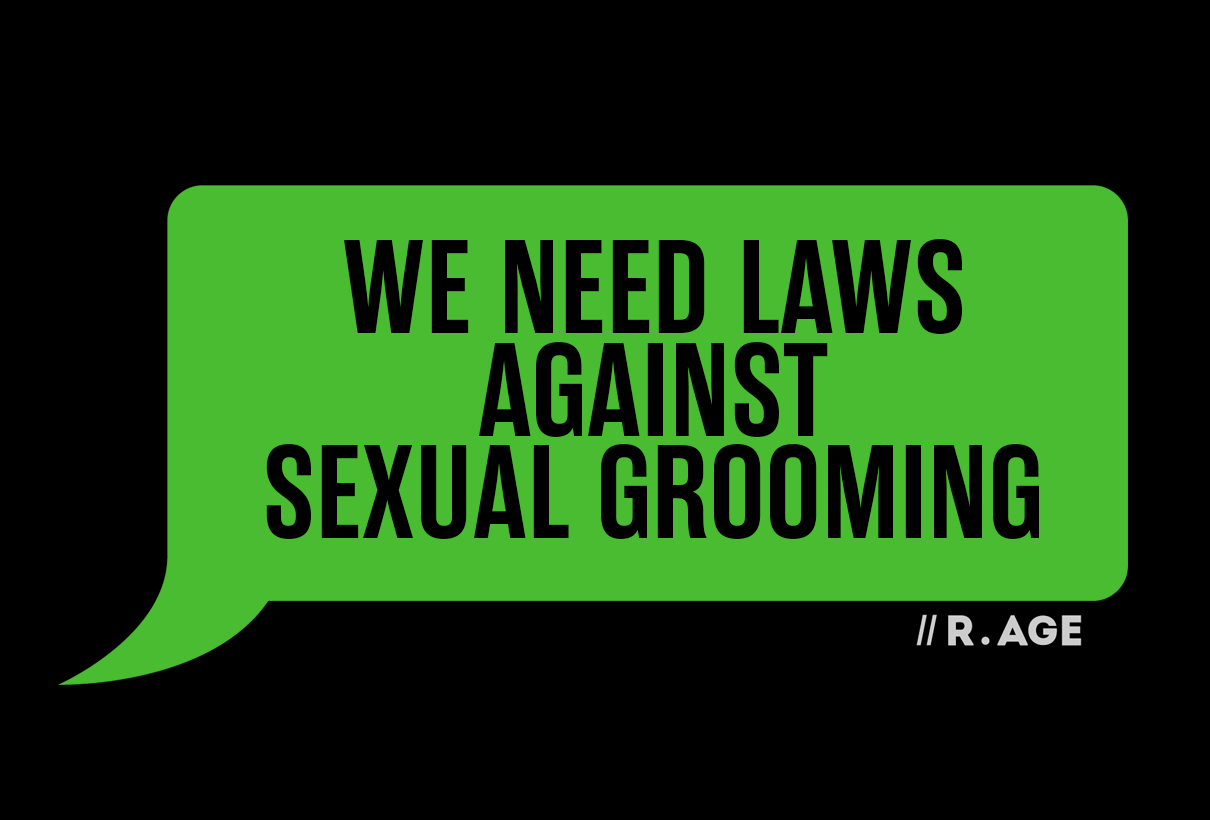By LIM MAY LEE
fb.com/thestarRAGE
RAPPER Altimet doesn’t refer to any lyrics when he’s in the recording studio.
While it does lend him a certain air of badassery – think rap legends Biggie and Tupac, both of whom didn’t need lyric sheets when recording – his reason has nothing to do with looking cool.
“The simple truth is that I’m dyslexic,” the affable rapper admitted.
“For most other rappers, the job gets done faster if they can read the lyrics. But having to read slows me down.”
Growing up in a time when dyslexia awareness was low, he never realised he had a problem, despite his struggles differentiating between similar-looking letters like “m” and “n” and reading long words.
He would mess up words like “Mississippi” (“I’d read it as ‘Missipipi!’” he said with a laugh), but just thought he wasn’t really good at reading.
“It wasn’t a big deal to me,” he said with a shrug. “I thought ‘oh, I’m good at math, but bad at reading.’”
To deal with it, young Altimet, then still plain Ahmad Abdul Rahman, devised a way to read: by looking at a few letters in a word, and guessing what that word was.
It worked. “I loved to read. I just took longer than others,” he reminisced with a smile.
Once he learned to read, Altimet blossomed into who he is today. His love for rap and the written word combined to make him one of Malaysia’s most prolific rappers, with a brand-new album, Amboi, available in stores this week.
Dyslexia, instead of hampering his dreams, spurred him on, he said.
“I think dyslexia forces people to become more creative,” – Altimet
“Not being able to read very well helped me learn creative problem-solving, but it never stopped me from writing my own lyrics and performing.
“I just read and write a little slower, that’s all.”
With his reading disability came a finely-tuned empathy for others. Altimet now uses his reach as a celebrity to lend support to causes, most recently as the celebrity ambassador of iM4U’s Rapper With A Cause initiative.
Fittingly, this year’s programme was in collaboration with Dyslexia Malaysia, a music-based programme aimed at creating awareness about dyslexia and its community.
“I’m glad I can do something to help,” said Altimet, who was one of 20 Malaysians named as iM4U ambassadors. “Before this, I had no idea music could help
dyslexic children learn better!”
But dyslexia isn’t the only cause he has supported.
His name has appeared on a whole bunch of other charity runs, concerts, and even football matches.
“Giving back is part of my religion,” he said.
“Well, actually, I’m sure it’s part of any religion, but it’s very important to me as a Muslim.

Despite winning numerous awards, Altimet’s biggest accolade was when the deaf students he met during his Rapper with a Cause programme loved the sign-language version of his song, Aku Tahu.
“Some people might say, ‘sure, of course a celebrity will do charity, it helps sell records. But I’ve also worked with the only community who won’t benefit from my music – the deaf.”
Through his Rapper With A Cause programme, Altimet also gave some much-needed exposure to the deaf community, by having one of his songs translated into sign language by professional performance signer, Jonah Ong Chen Yee.
“I wasn’t expecting much feedback,” he confessed. “But after the performance, I got one of the best compliments I’ve ever received – that the deaf children loved the song, even without knowing the melody.
“As someone who writes my own lyrics, it meant the world to me.”
As a young boy growing up in Subang Jaya, it never crossed his mind that he’d one day be Altimet, writing lyrics so slick they would earn the approval of the deaf community.
“My parents didn’t really approve of rap music,” he said. “They didn’t think it could be a viable career.”
It took a while, but he managed to convince his parents that rap COULD be a career – and a lucrative one – when he co-founded local outfit the Teh Tarik Crew, which has received multiple Music Industry Award (AIM) nominations.

Altimet, seen here with rappers Joe Flizzow and SonaOne, encourages young Malaysians to find a balance between pursuing their dreams and being financially stable. — Filepic
“I think what the youth need to know when trying to chase their dreams is that our parents just want us to do well,” he said reflectively.
“The problem with creative work is that the ideation process can take a while, and you’re going to look like you’re not doing anything. That drives parents crazy!”
What he suggests young Malaysians do is try to understand their parents’ perspective.
“Instead of arguing with them, try proving you can earn money from your passion. Once they know you can be financially independent, they won’t stop you any more.”
We were just about to wrap up the interview when he squeezed in another pearl of wisdom – that you can be whoever you want to be.
“You can be dyslexic and write. You can be deaf and appreciate songs,” he said.
“You can also,” and he paused with a cheeky grin, “be a boy from Subang Jaya with parents who don’t like the idea of rap music, and still grow up to be a rapper.”





Tell us what you think!